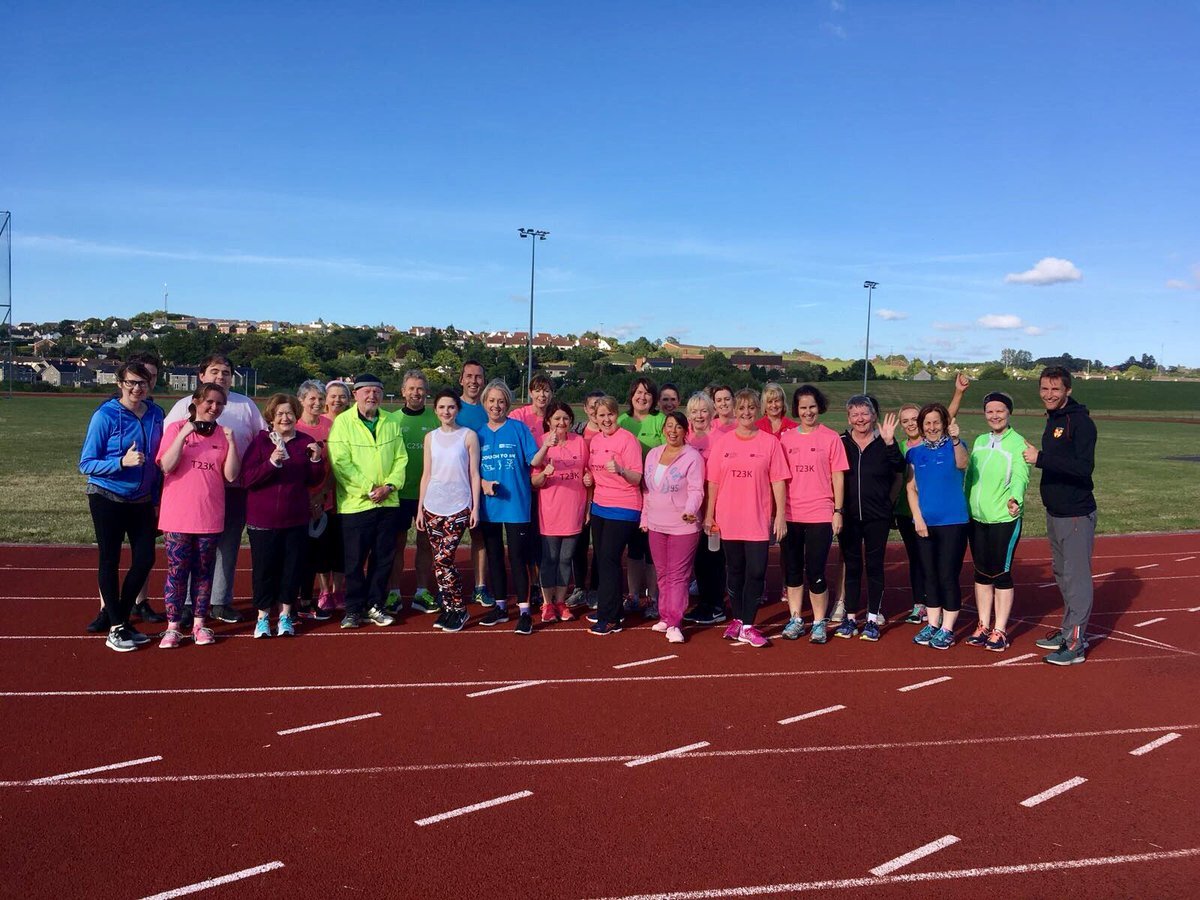Could I Run a C25k?
Whether you're a seasoned runner or a beginner, a 5k is a great event to get along to and they are easily available so there is usually no hassle to find one nearby: parkrun takes place every Saturday morning at 9.30am (normally) and through the summer months many running clubs hold 5k events in the evenings.
The 5k distance suits runners of all abilities and fitness levels even though they get different benefits from it. For the beginner, the aim may be to get round the distance and improve aerobic base whereas the seasoned runner is probably focused on running above 'threshold pace' for an anaerobic workout.
This article is aimed at helping the beginner runner to get started and answer the questions you may have if you are gearing up for your first 5k:
How long will it take to train for a 5k?
This depends on three things:
1. Your current level of fitness - if you play other sports or keep fit in the gym you may be able to prepare for a 5k in just a few weeks but you may need a few months if you are starting a new exercise programme completely. If you are completely new to it you should check with your GP before you start.
2. Whether you have had any previous running experience - if you used to run but let it slip for a few years it will come back more quickly than if you have never run. However, many ex-runners think they can go off at the pace that they used to run at and quickly realise that they have lost fitness and so need to build up slowly!
3. The time you have available to train - you will need to do some running training at least three times per week but if you can get out five times per week you will gain fitness more quickly.
Do I need to buy any special kit?
Yes! You need proper running shoes that have been recommended by a running specialist. Beware of buying your shoes from the internet or from a store that doesn't have trained staff. We all run differently. The running specialist will look at your shoes, your feet and your gait (the way your foot contacts the ground, rolls through and pushes off with each step). They will then recommend several shoes that will protect you from impact and injury, for you to try on. It is then up to you to choose the pair that feel comfortable. Be careful that you don't buy a pair of shoes just because a friend has recommended them. Your friend may have a completely different running style than you and require different levels of cushioning and stability. You should also consider running socks that should protect you from blisters.
Once you have the shoes you can go out and run in loose (but not baggy) fitting clothes. However, you may also want to invest in technical running kit that is designed to keep you comfortable when you run. Again, a running specialist will be able to explain the various technologies in the designs and fabrics that can make running easier!
What sort of training should I do?
The best way to learn this is to run with a qualified leader or coach. Consider joining your local group. The leader will ensure that you build up your distance gradually and will aim to have you running 4k comfortably before attempting a 5k run. It is important to understand that recovery is as important a part of training as the workouts. It is during recovery that your body builds itself to be stronger and fitter but you can get 'reversibility' of training if you have too much recovery! This is why three times a week is important. If you only trained once a week and rested for six days you would reverse the good you had done. A rule of thumb is an easy day after each day of training.

